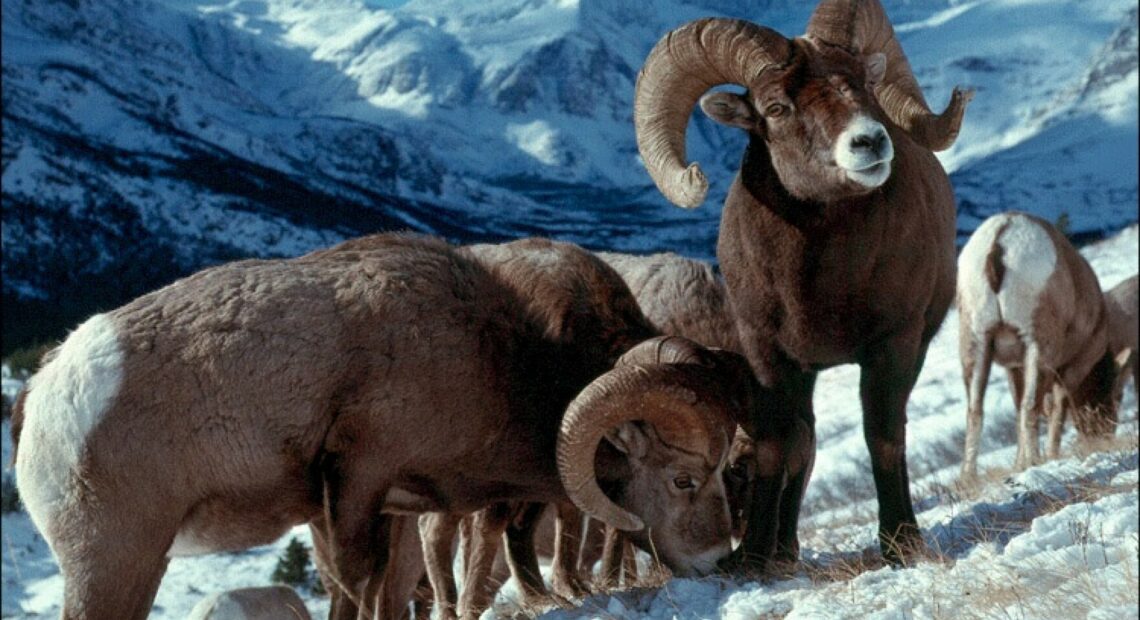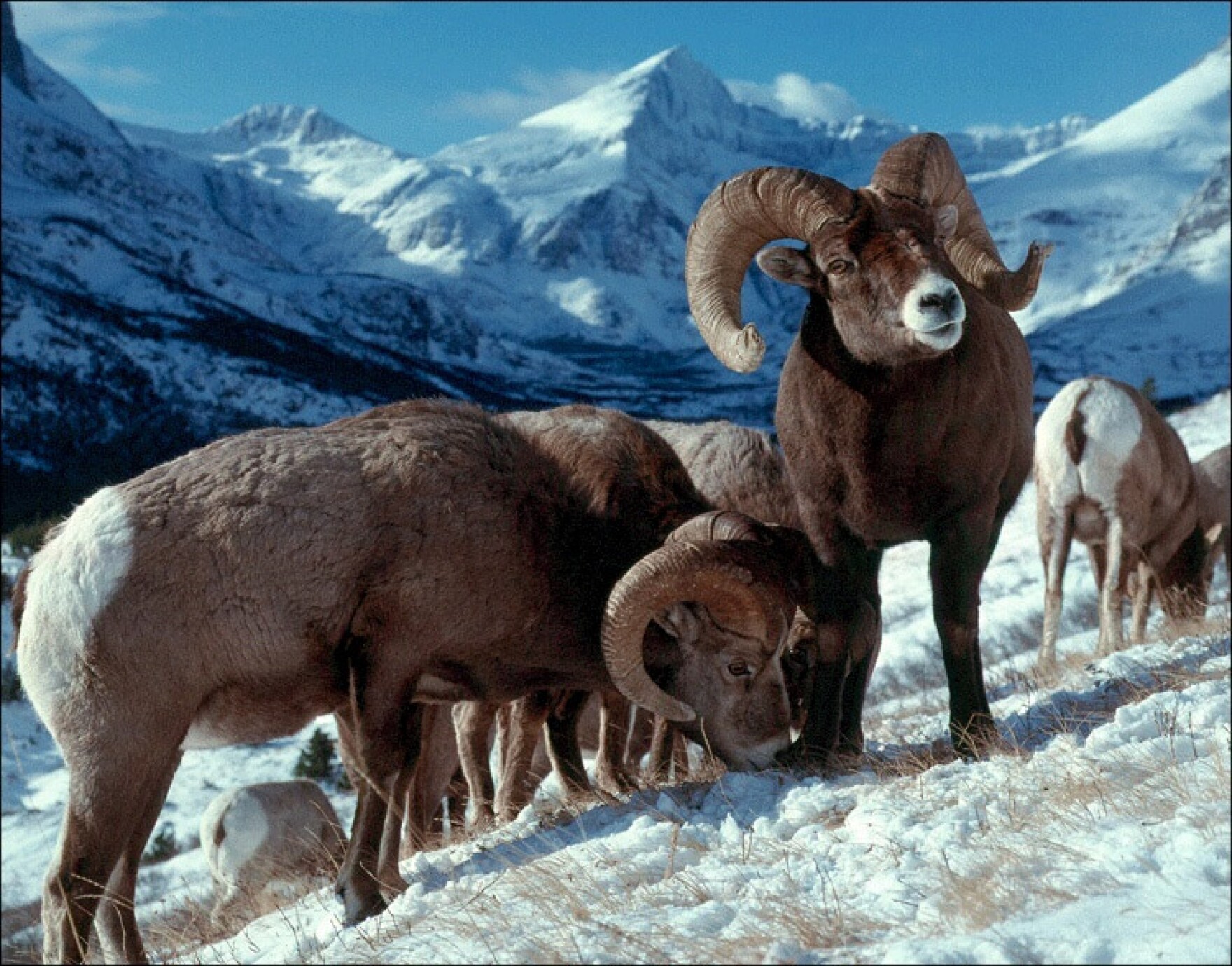Bighorn sheep and domestic sheep love to hang out and get nose-to-nose with each other. That’s a problem.
Domestic sheep can carry a pathogen that’s highly contagious, and often fatal, for bighorn sheep. The bacterial pathogen causes bighorns to cough and develop pneumonia-like symptoms.
Bighorns all over the Northwest have turned up sick with Mycoplasma ovipneumonia, or M. ovi for short.
When bighorns catch M. Ovi, they cough a lot and have trouble running or climbing. Lambs often don’t survive long, which can affect reproduction rates.
“That goes on for a long time, so you not only lose a good portion of the herd, but the herd can’t bounce back because the disease stays in the herd. And, it can be a decade or more of an impact to a single herd,” said Greg Dyston, the conservation director with Wild Earth Guardians.
Sometimes, entire herds can die off.
Researchers are developing vaccines, officials said, but right now, they’re expensive and would be difficult to give to the sheep.
Around half of Washington’s bighorn sheep hang out on cliffs in the east Cascades, where the Okanogan-Wenatchee National Forest also is home to seven active grazing allotments. Other hobby farms for domestic sheep are relatively close.
In 2020, several wildlife advocacy groups sued the U.S. Forest Service over the risks to bighorns. After a recent federal court settlement, the Forest Service is reviewing domestic sheep grazing allotments in the national forest.
While this is a step in the right direction, federal officials have known about the problem for more than a decade, Dyson said.
“They’re knowingly allowing domestic sheep grazing in this bighorn habitat. They know the results. There’s no question on the science,” he said.
However, federal officials said herders and dogs must babysit their sheep all day every day in the forest.
Stacy Lundgren is coordinating the bighorn environmental review on the Okanogan-Wenatchee National Forest. The Forest Service began a review in 2019 but stopped after the lawsuit. Officials are restarting the review, with a few changes, Lundgren said.
Now, the officials are considering individual grazing allotments along with the environmental impact statement. The Forest Service will look at the geography of the grazing allotments and timing of where the sheep are on the landscape, she said.
“The bighorns will have their summer foraging areas, and then in winter, they’re elsewhere,” Lundgren said.
Information from this review could be used to help other bighorns in the region, she said.
Officials expect to wrap up the draft environmental impact statement this December. A final decision likely will come in the spring of 2025.

















